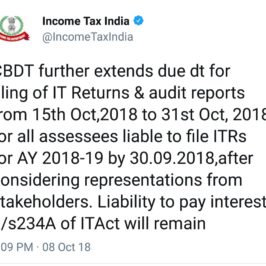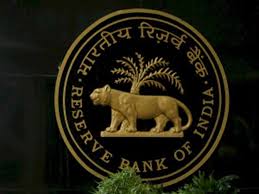Corporate India is just about getting started to get their businesses ready for the goods and services tax ( GST) regime. This has opened up a sizable business opportunity for tax experts, advisory firms, and law firms. What has come as a shot in the arm for chartered accountants and cost accountants is the mandatory need for tax audits for certain companies under the GST regime.
Under Section 42 ( 4) of the draft Model GST Law, businesses with to- be- prescribed turnover have to get their accounts audited by a chartered accountant or a cost accountant. Accordingly, the Institute of Chartered Accountants of India ( ICAI) is preparing to boost training for its members to enable them to make the most out of the opportunity. “ Plans are afoot to train 20,000 chartered accountants by March 2017 in different aspects of the GST for conducting impact studies and filing of GST returns,” says Madhukar N Hiregange, senior partner, Hiregange & Associates, and chairman of indirect tax committee at the ICAI. To start with, over the next two months, around 500 trainers will go through the GST programme.
In the coming months, some key areas of work for accountancy professionals would relate to conducting impact studies for clients, taking companies through GST registration and the transition process, filing taxes and getting tax refunds, ensuring there are no mismatches in the tax input- output chain. Even though the new indirect tax system will come into effect from April 2017, tax experts expect the transition opportunity to last for the next two years.
“Compliance will become a major area of practice for accountants,” says Hiregange. He expects many companies to outsource their tax compliance work to tax consultancies and chartered accountancy firms.
In the coming months, businesses would have to re- jig their IT systems and also make businesses of their suppliers, distributors and sellers GSTcompliant.
The challenge for small and mid- sized companies would be to come up to speed with technology requirements under the GST regime. “ Many companies would need hand- holding while interacting with the GST Network, the IT backbone, in filing tax returns and in claiming returns,” says Hiregange. That may spawn small firms specialising in GST- related compliance issues. The ICAI is also looking at revising its syllabus by November this year in keeping with the latest changes in the indirect tax system.
Sensing the business opportunity that is up for grabs, most corporate law firms are ramping up their indirect tax practice. For instance, Lakshmikumaran & Sridharan, a law firm that has been advising the GST Network, has put in place a special team of 20- odd tax experts to tackle GST- related issues. “ In addition, there are 150- 200 tax lawyers across the country taking up sector- specific indirect tax related issues,” says a spokesperson from the law firm.
Similarly, accounting and advisory firms, especially the ‘big four’, are betting big on the opportunity. EY, for instance, has a team of 800- odd tax and advisory professionals working on GST. “ This year, we anticipate an increase of 25 per cent in our current headcount for GST,” said a company spokesperson. Many of these professionals come with expertise in supply chain, analytics, technology and processes.
According to Nitin Atroley, partner and head of sales & markets at KPMG, the firm set up a special team with members from different countries like Malaysia, Singapore and Australia that have earlier gone through the process of adopting GST.
Prashant Raizada, partner, indirect tax, BDO India, feels the challenge to transition to the new tax regime would be most felt by small and mediumsized enterprises. “ In Tier2and – 3 cities, businesses may not be that well versed in use of technology,” said Raizada. It will be busy days ahead for tax experts, accountants and consultants, as well as their clients as they get up to speed with the GST regime.






